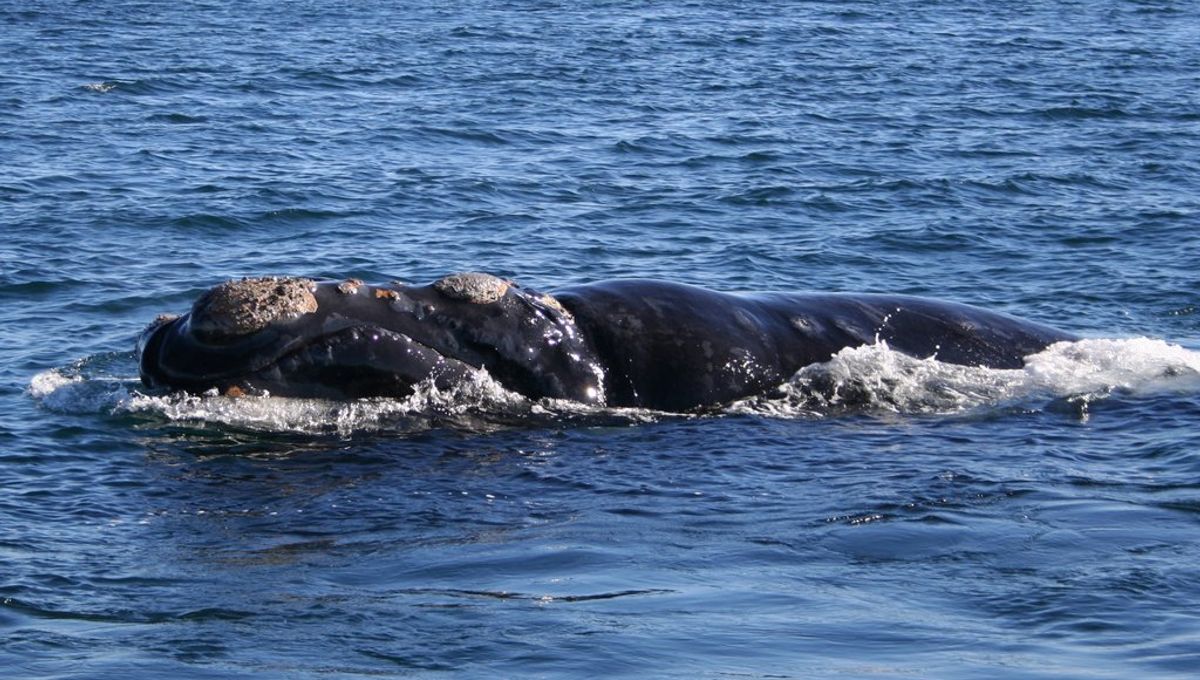
Whales are extraordinary creatures – not only are some the largest animals to have ever inhabited the planet, but others are also exceptionally long-lived. Now, new research has discovered that right whales have secretly been fellow members of the long lifespan club all along, revealing that they can live for over 130 years.
To determine this, a multi-institutional team of researchers examined over 40 years’ worth of photographic data captured by programs following individual Southern and North Atlantic right whales.
Using this data, they were able to generate graphs that show the proportion of a population that survives to a given age, known as survivor curves. This is a useful technique when you have a population that isn’t stable, as is the case with the critically endangered North Atlantic right whales, which continue to face threats to their survival.
The results revealed that while the median lifespan of Southern right whales is 73.4 years, 10 percent are capable of surviving past 131.8 years. That’s nearly double the 70 to 80-year limit that they were previously thought to have.
It’s not such good news for the North Atlantic right whale, however; their median lifespan was found to be just 22.3 years, with only 10 percent of the population living past 47.2 years old.
Given how closely related the two species are, why is there such a significant difference in lifespan between them?
“[T]his isn’t because of intrinsic differences in biology, and they should live much longer,” explained study author Greg Breed in a statement. “They’re frequently tangled in fishing gear or struck by ships, and they suffer from starvation, potentially linked to environmental changes we don’t fully understand.”
It’s also perhaps not all that surprising that it’s taken until now for scientists to reach this new conclusion about the lifespan of right whales – the necessary aging technology developed in the mid-20th century, but by that point, the data needed simply wasn’t available.
“We didn’t know how to age baleen whales until 1955, which was the very end of industrial whaling,” said Breed. “By the time we figured it out, there weren’t many old whales left to study. So we just assumed they didn’t live that long.”
It’s hoped that the team’s findings, alongside other research – for example, a recent study that discovered North Atlantic right whales’ bodies are shrinking – will be used to inform future conservation efforts.
“To attain healthy populations that include old animals, recovery might take hundreds of years,” said Breed. “For animals that live to be 100 or 150 and only give birth to a surviving calf every 10 years or so, slow recovery is to be expected.”
The study is published in Science Advances.
Source Link: Right Whales Can Live For Over 130 Years, Nearly Twice As Long As Previously Thought